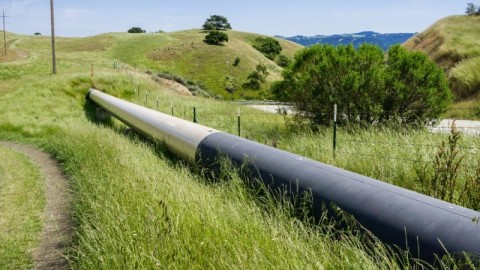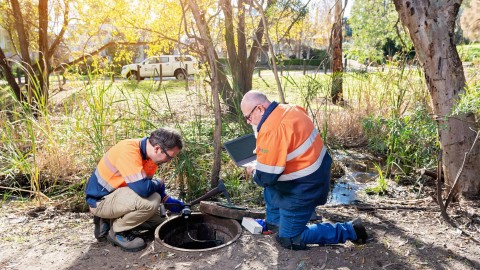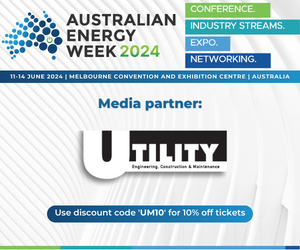The QLD State Water Minister and Mayors of Moreton Bay, the Sunshine Coast and Noosa have confirmed that there will be no change to the existing structure for the delivery of water and sewerage services in the state.
Minister McArdle said that Councils were given an opportunity in 2012 to take back responsibility for the retail delivery of water and sewerage services but after extensive analysis had decided to retain the current Unitywater model.
The group said Unitywater was able to bundle contracts and achieve procurement savings due to its size that individual councils or smaller water providers could not match.
They said the existing structure allowed for a region-wide approach to infrastructure planning and maintenance that had shaved about $390 million off forecast capital works spending over the last three years without compromising the standard of service delivery or the long-term viability of the network.
Energy and Water Minister, Mark McArdle, said suggestions that prices would be lower if responsibility for water and sewerage services was returned to councils were misguided.
“That will not change if we change the structure for water and sewerage service delivery.”
Moreton Bay Mayor, Allan Sutherland, said a report from Ernst and Young commissioned by council in 2011 had found the cost of severing ties with Unitywater would run to many millions of dollars. “We were not prepared to impose the astronomical cost of unravelling Unitywater on our ratepayers then and our view remains the same today,” Mayor Sutherland said. “If we thought taking back control of water and sewerage services would reduce prices, we would have gone down that path.”
Sunshine Coast Mayor, Mark Jamieson, said his council was more interested in working with Unitywater in an effort to keep prices down rather than chasing further unnecessary reform.
“We know that regaining control of the services provided by Unitywater would be an expensive exercise that wouldn’t result in lower prices for our residents,” Mayor Jamieson said.
Noosa Mayor, Noel Playford, said the council had its hands full re-establishing the council and dealing with those associated costs, without pursuing separation on another front.
He said when councils previously controlled water and sewerage services, they also owned local bulk water assets and received a 40% subsidy from the State Government for investment in sewerage infrastructure.
“The subsidy has since been scrapped and the state controls bulk water assets,” Mayor Playford said.
“Regaining control of the services provided by Unitywater would not address those two critical factors contributing to water and sewerage prices.”















